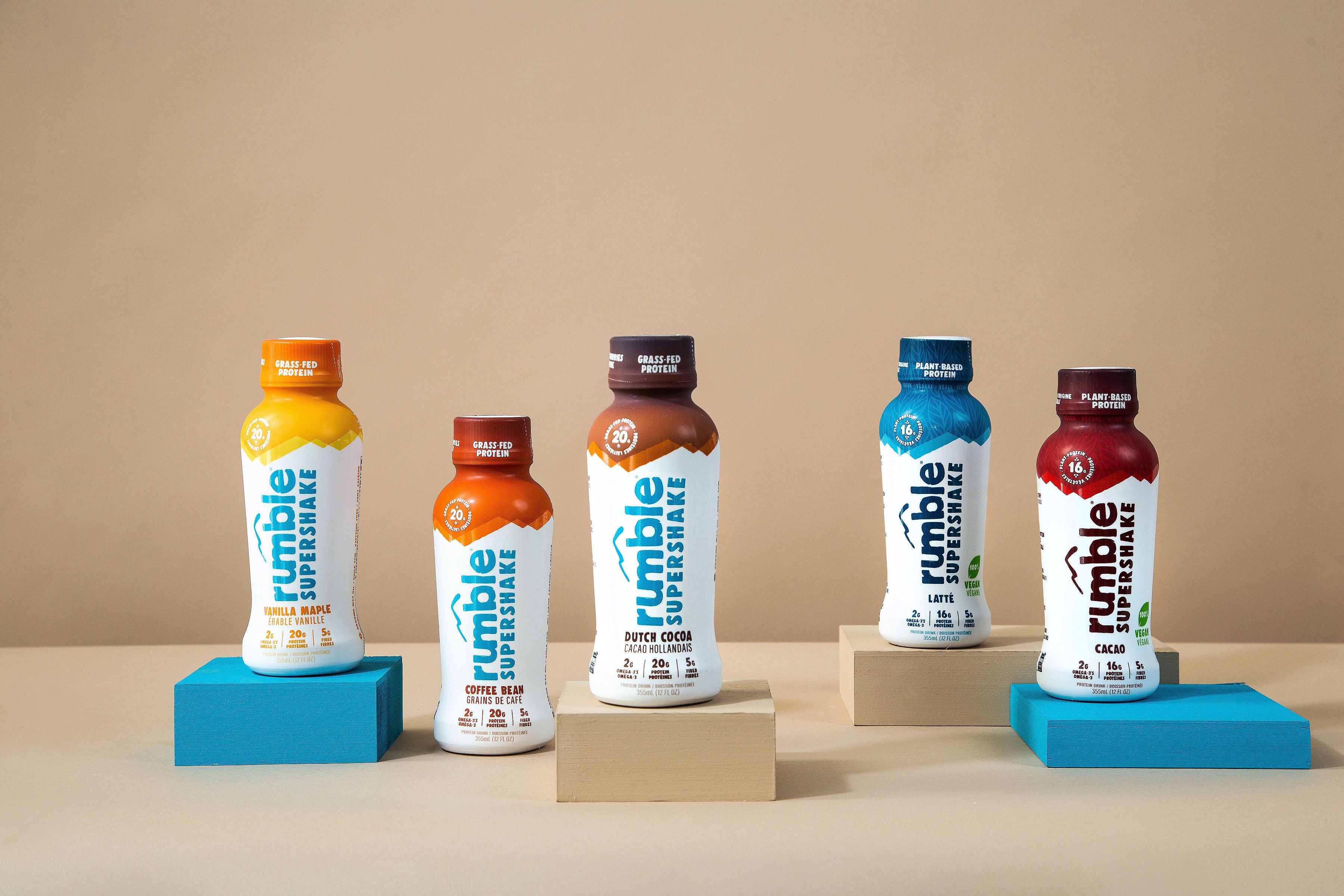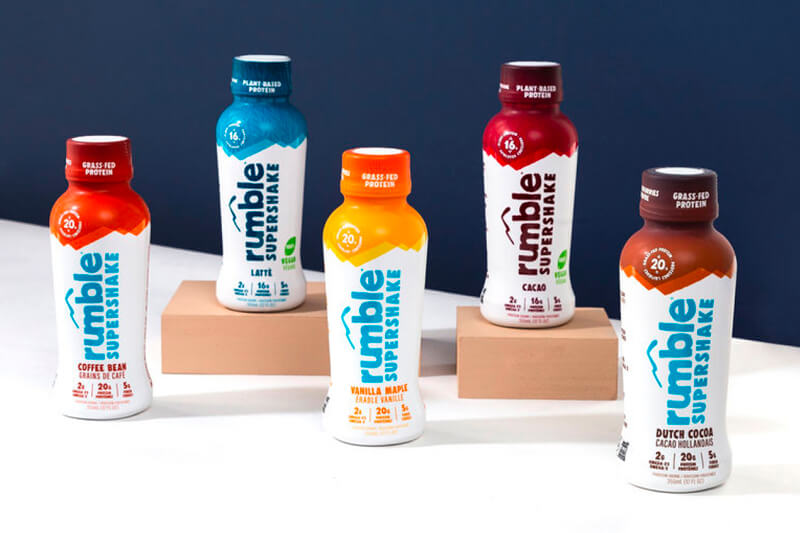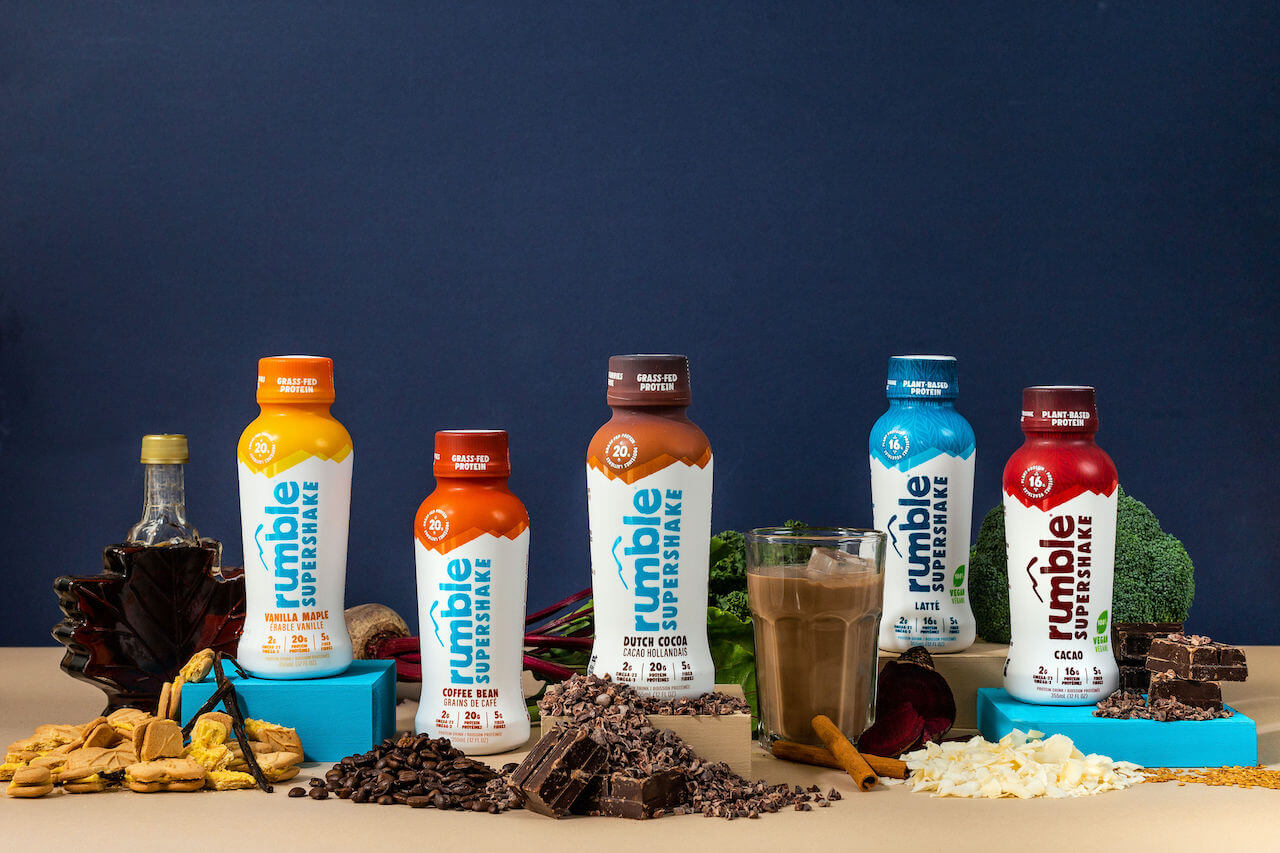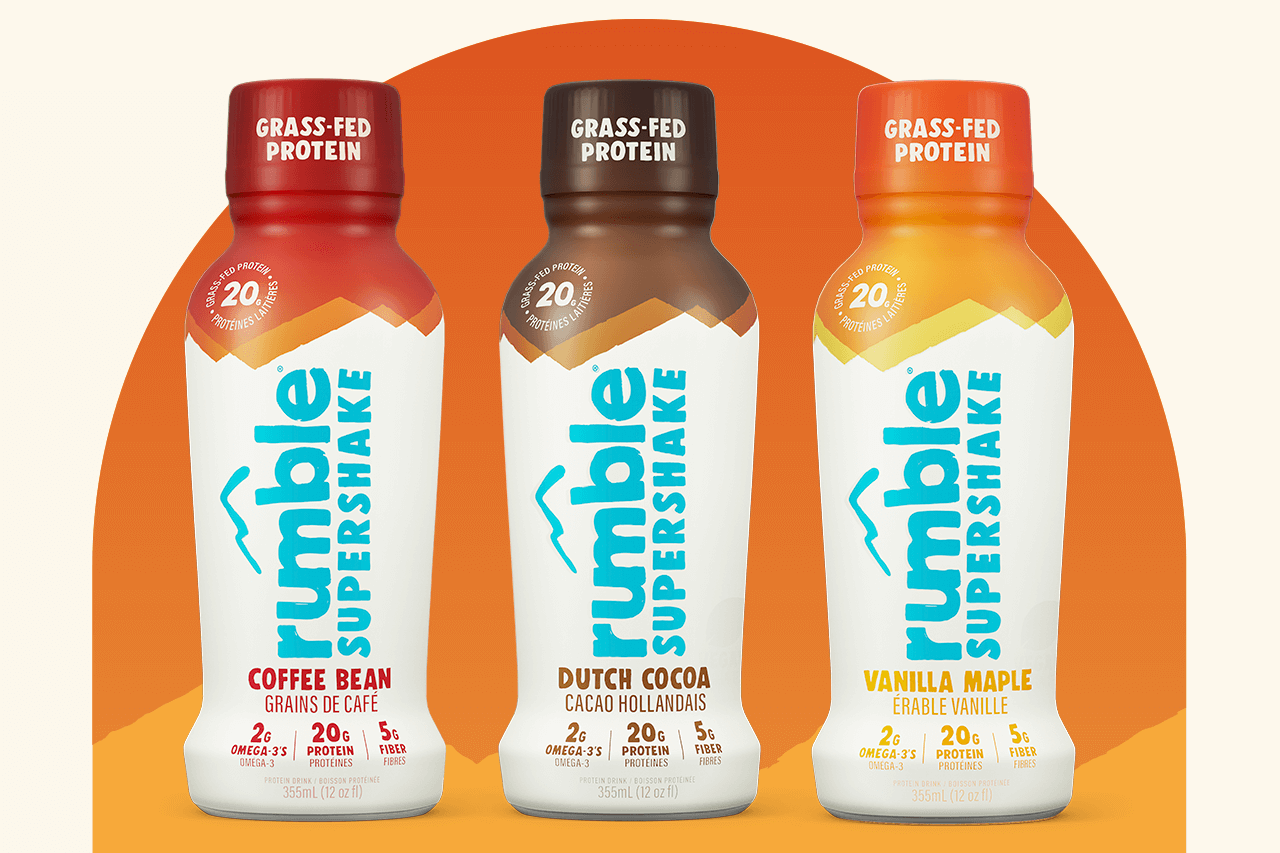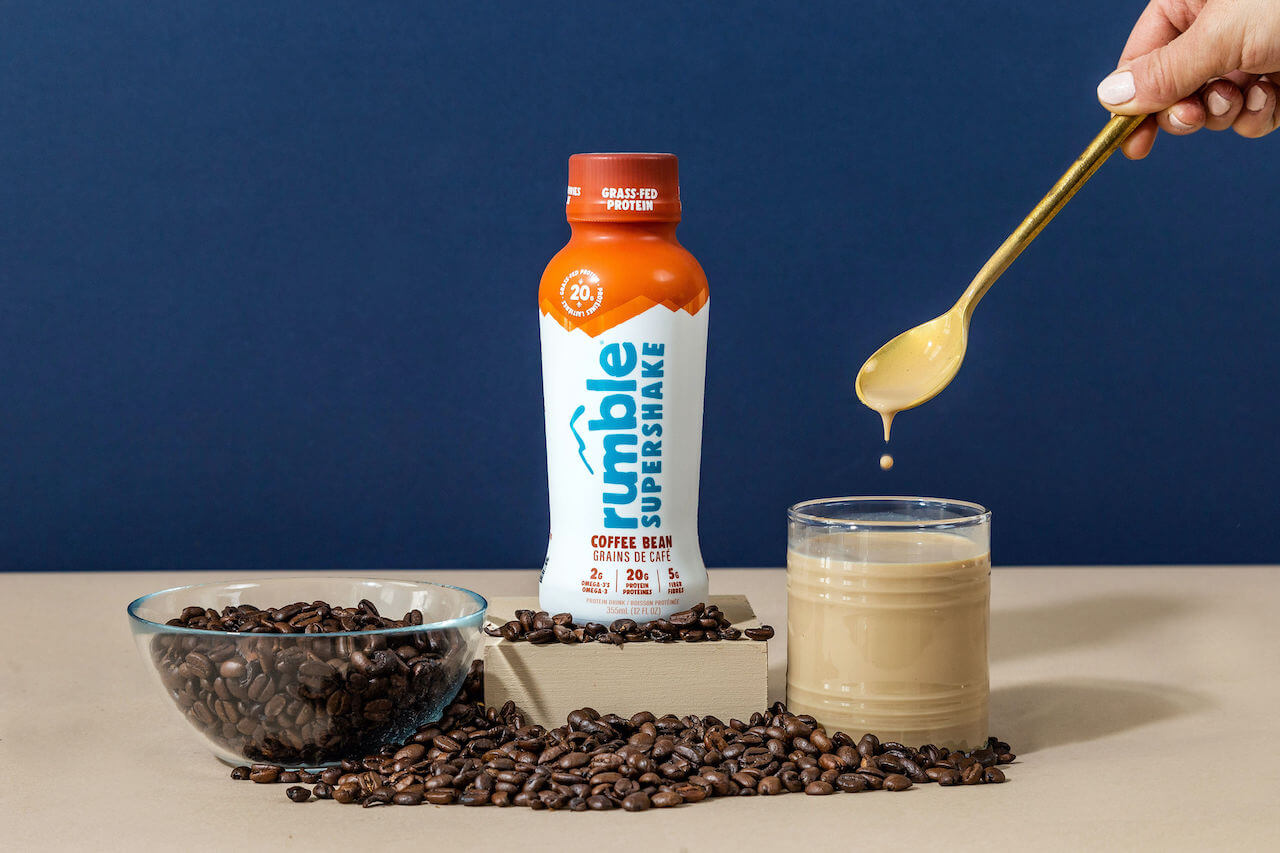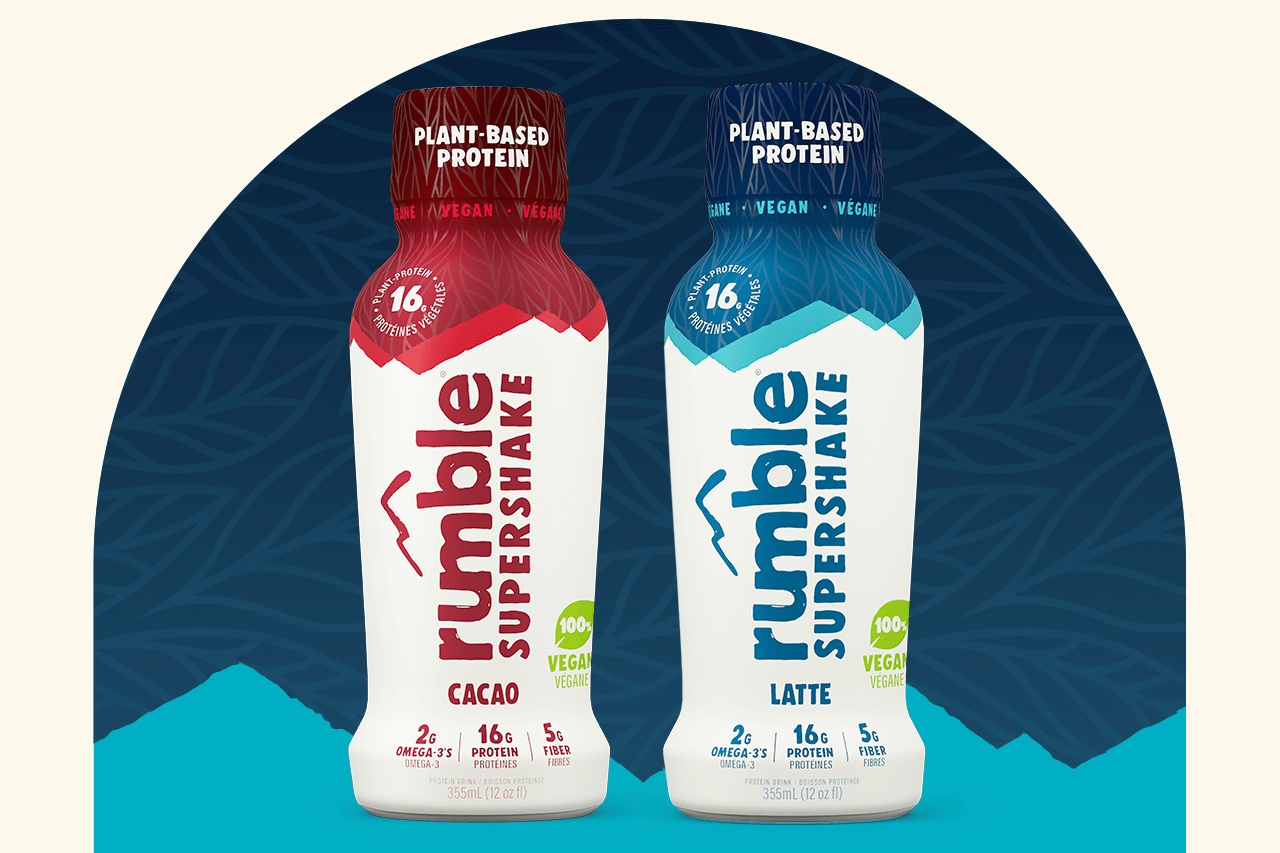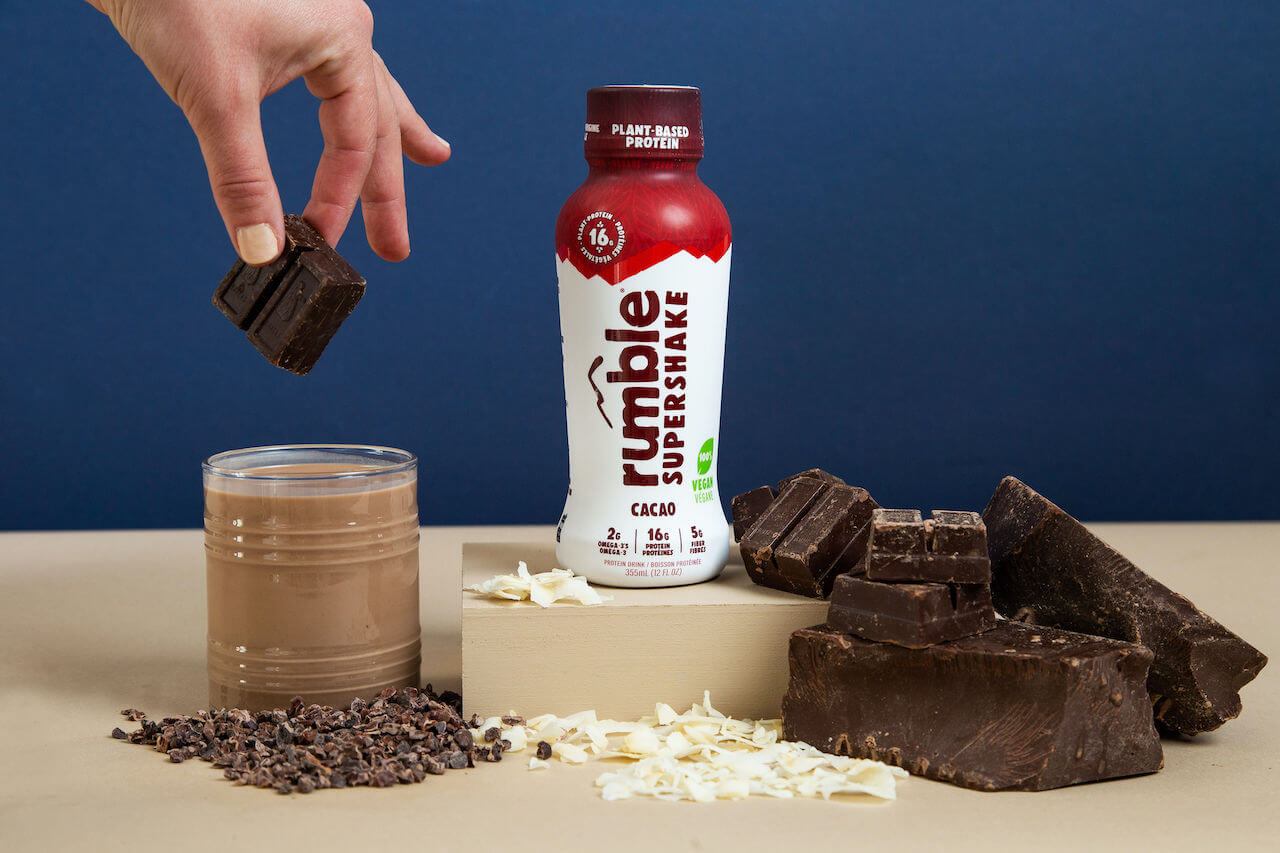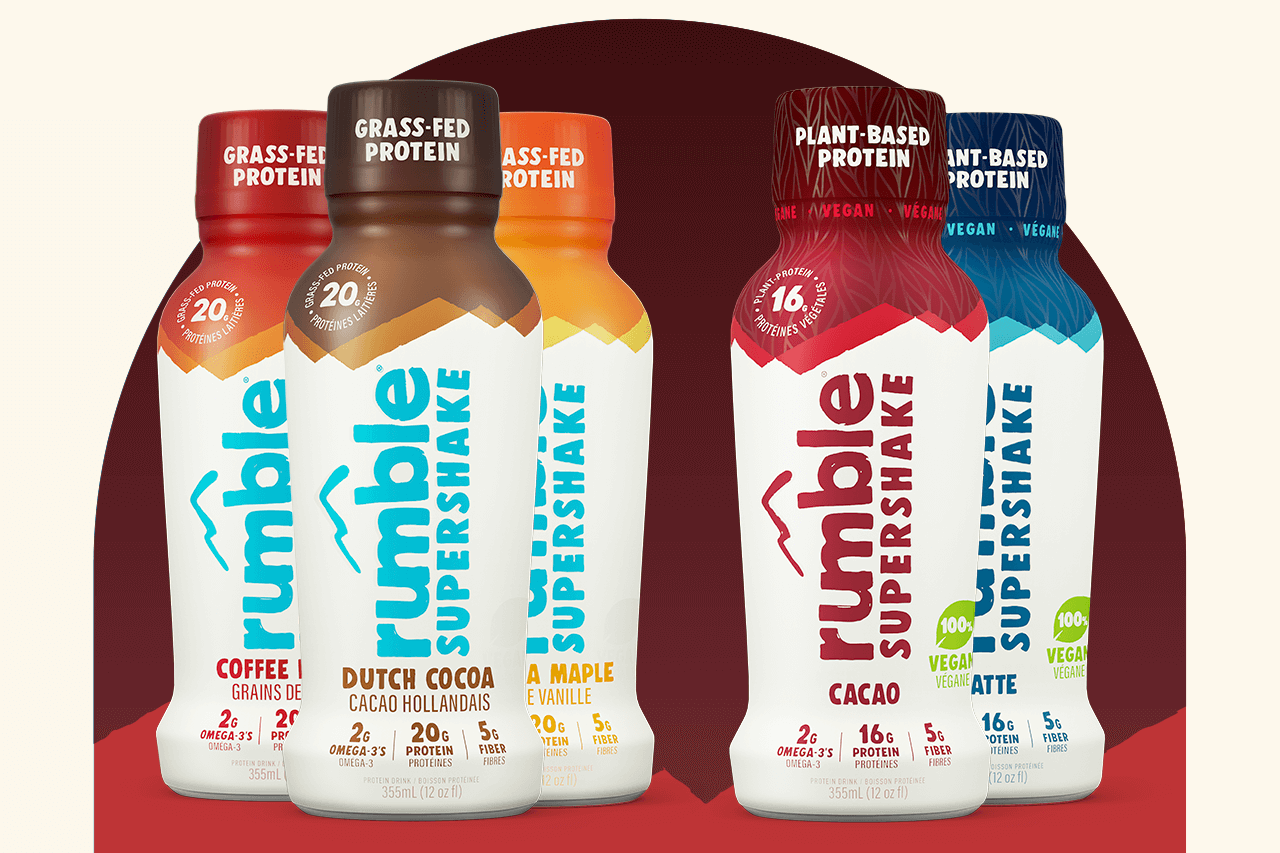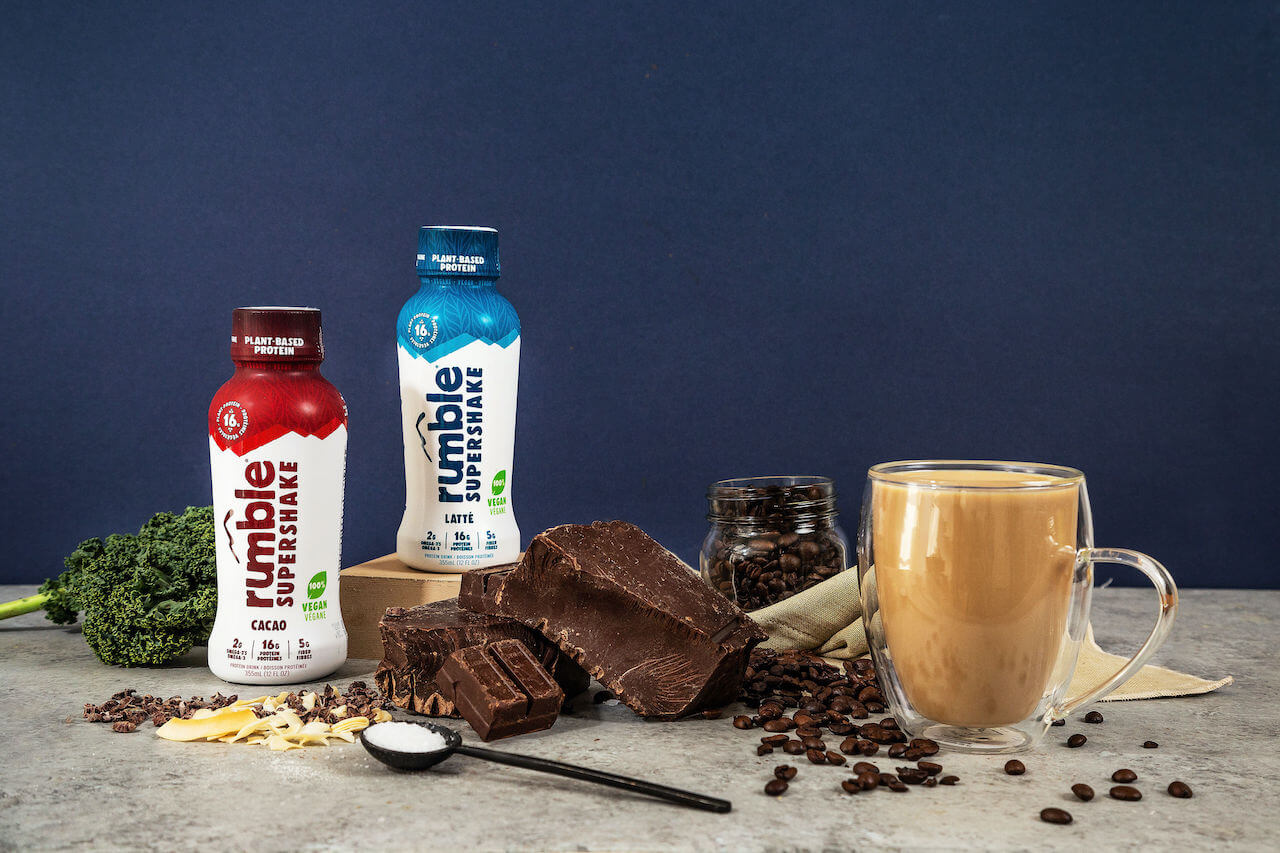How Much Protein Do Kids Need?

Whether your kids are going back-to-school or back-to-home-school, September is a great time to re-evaluate your family food routines and plan healthy snacks and meals for fall.
The good news? For kids, healthy usually just means balanced. There’s no need to fret over the exact amount of macronutrients that your kids are getting. As long as they’re eating a variety of foods (including whole grains, vegetables, fruit, and legumes) chances are they’re getting more than enough protein, fat, and carbohydrates to fuel their growth.
Still, if you have a picky-eater who only eats crackers or a teen who runs track, you may be wondering how much protein kids actually need to thrive. So we did the research - and the answer may surprise you.

The Importance of Protein
Kids don’t need as much protein as you think, but what they do need is critical. Kids need protein to repair muscles and cells as they grow, make red blood cells, and maintain a healthy immune system.
How much protein do kids need?
The minimum amount of protein that kids need a day depends on their individual health, weight, and other factors.
Without taking into account a child’s individual weight, here’s a rough chart by age:
Infants
Up to 12 months: 13-14g a day
Children
1-3 years: 16g a day
4-6 years: 24g a day
9-10 years: 28g a day
Male preteens/teens
11-14 years: 45g a day
15-18 years: 59g a day
Female preteens/teens
11-14 years: 46g a day
15-18 years: 44g a day
Chances are your kid is getting more than enough, when you consider the protein content of some popular foods:
| Cow's milk | 8 grams per cup |
|
Oat milk |
3 grams per cup |
| Soy milk | 8 grams per cup |
| Rumble Supershake | 15 grams per cup |
| 1 cup of whole milk yogurt | 8 grams |
| 2 tsp peanut butter | 8 grams |
| 1 oz chicken | 7 grams |
| 1 oz cheese | 7 grams |
| 1 egg | 6 grams |
| 2 slices whole wheat bread | 7 grams |
| 1 cup spaghetti noodles | 7 grams |
Can kids have too much protein?
More protein isn’t necessarily better. Protein breaks down to amino acids, which get processed by the kidneys. Healthy kidneys will just get rid of the waste, but taking in too much protein can overload your kidneys and lead to dehydration.
More importantly, kids consuming too much protein may be taking in calories from protein at the expense of the other essential macronutrients - fat and carbohydrates. Carbohydrates are the body’s main source of fuel and energy, and fats are critical for healthy brain development.
So can kids have too much protein? Yes, but it’s not likely for a child who is eating a balanced diet. Whole foods like nuts, yogurt, and legumes deliver fibre, fat, and carbohydrates along with protein. When purchasing packaged foods for your kids (like Rumble!), look for foods that balance protein with fat, carbs, and fibre.
Is Rumble Supershake okay for kids?
Rumble is safe for children and a great way to add grass-fed protein and Omega 3’s (among other nutrients) to your kid’s diet - but they don’t have to drink the whole carton. There are 20 grams of protein in a carton of Rumble, and 250 calories. So while the protein in Rumble is balanced with fats, fibre, and carbohydrates, Rumble is very nutrient-dense! A smaller serving of Rumble can be poured into a cup for younger children, with the carton resealed and safely stored in the fridge for up to 3 days.
Please note - because of its caffeine content, the Coffee Bean Rumble is not recommended for children. Vanilla Maple Rumble has less than 1mg of caffeine from a very small amount of green tea extract. Dutch Cocoa Rumble has 14.57mg of caffeine from green tea extract and fair trade organic cocoa.


